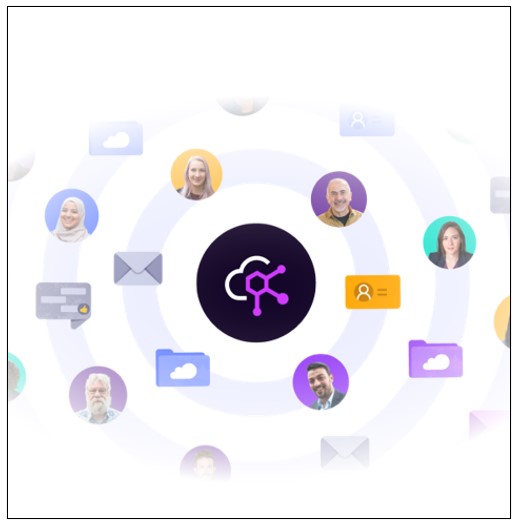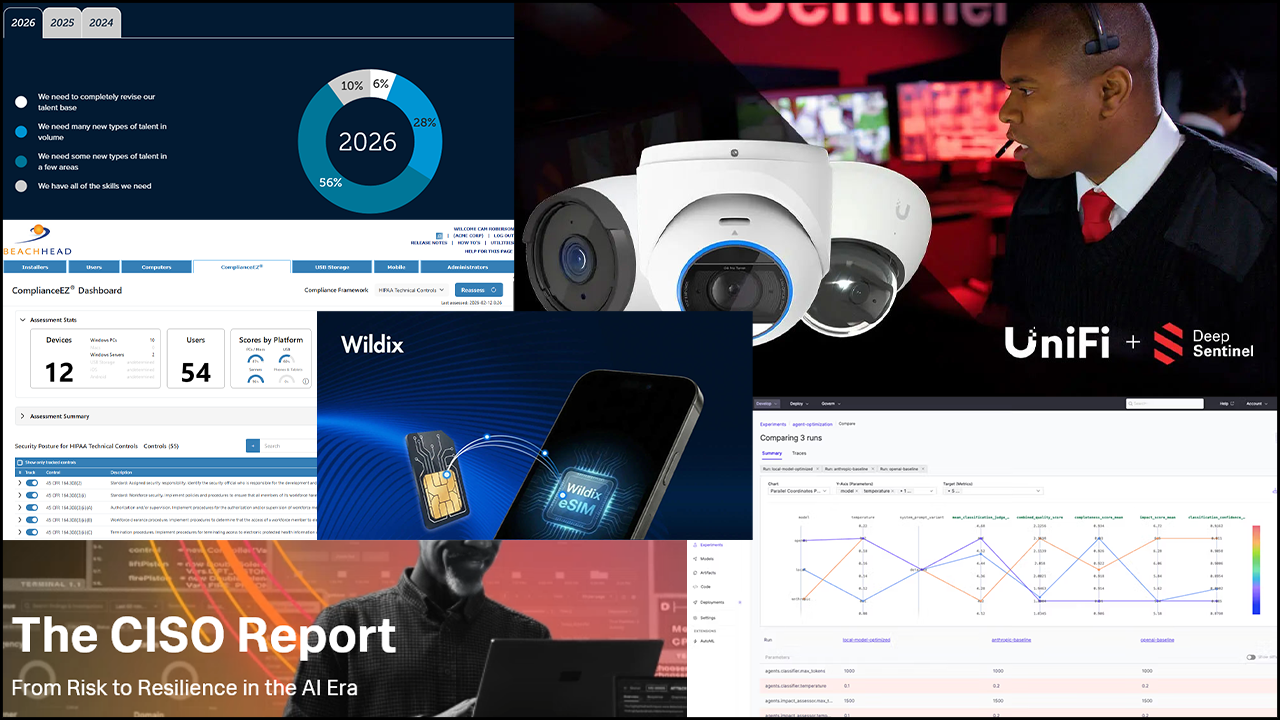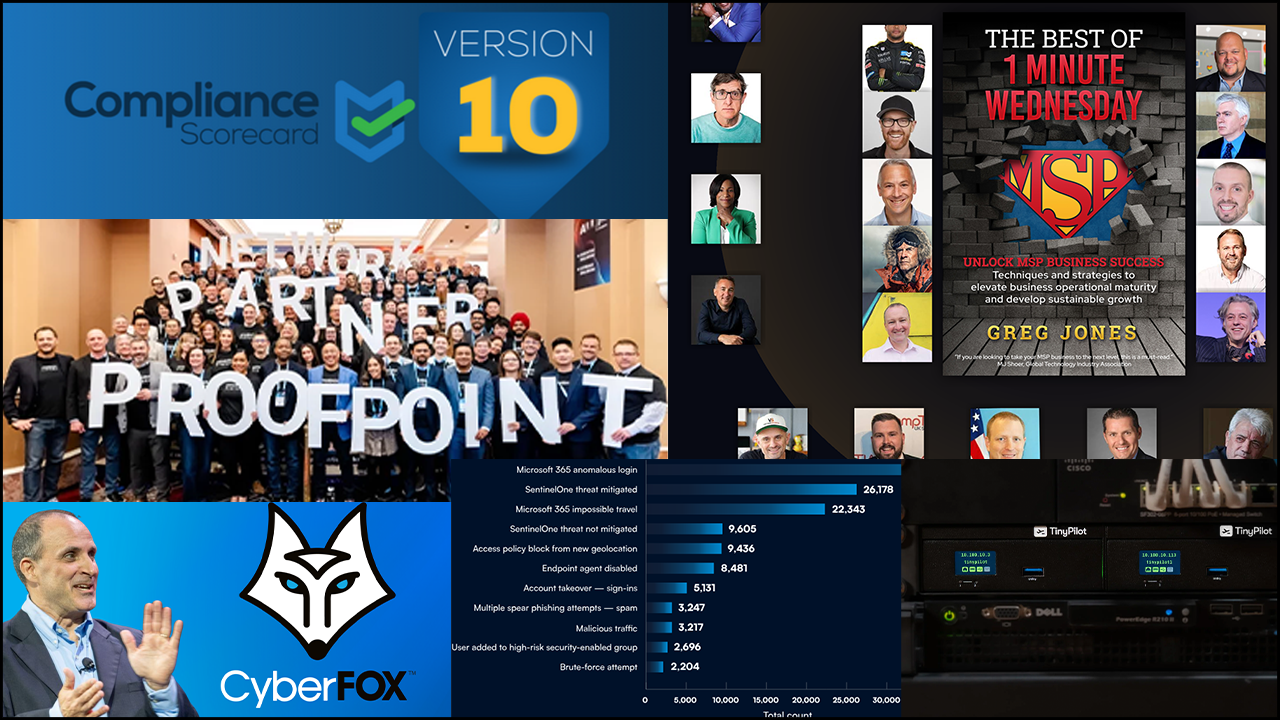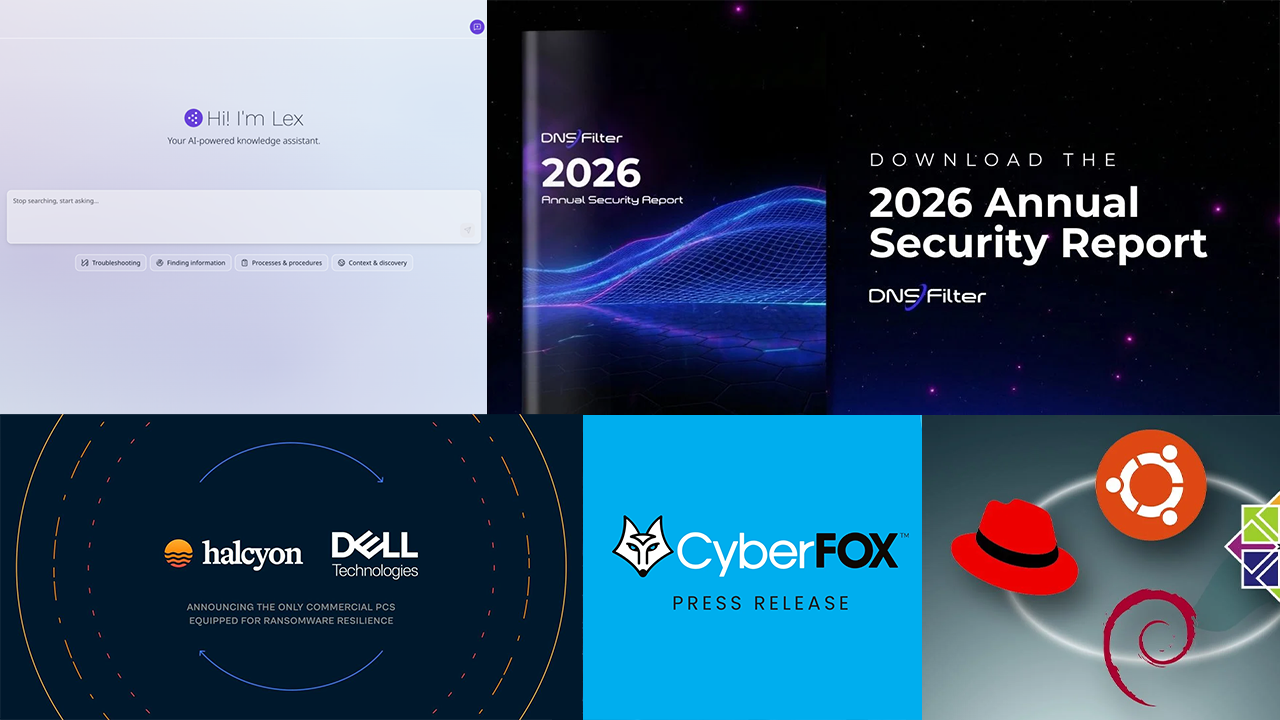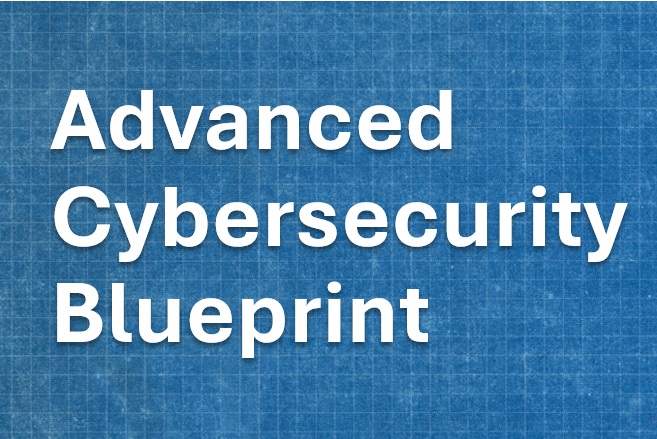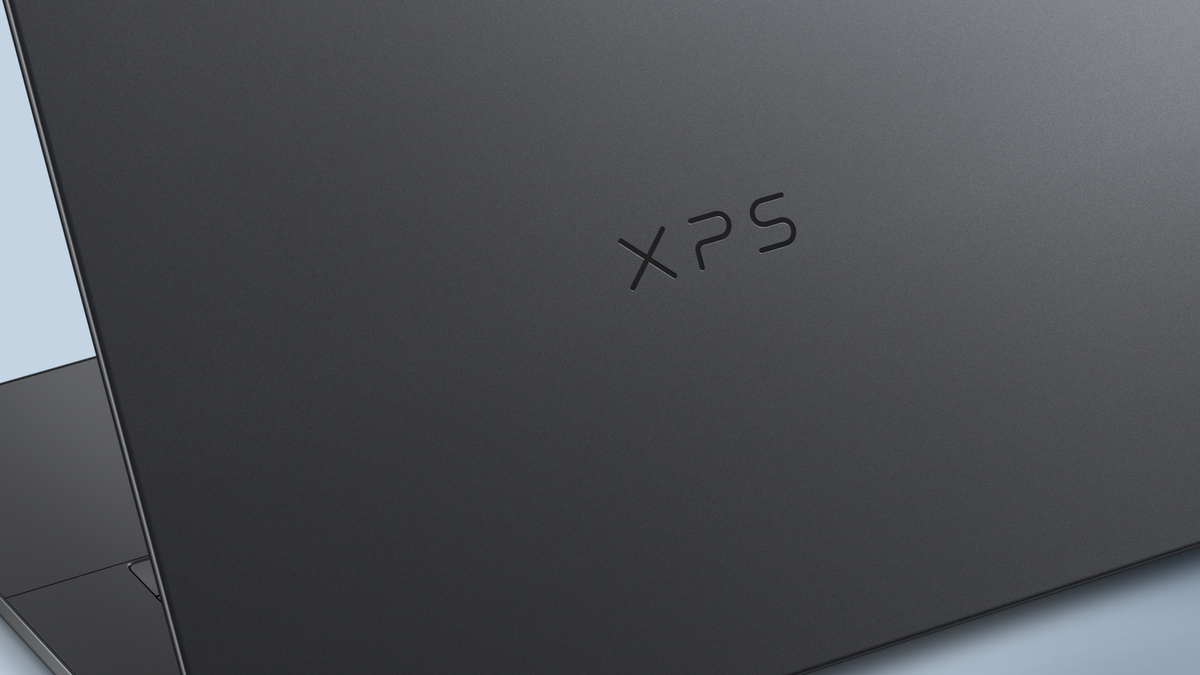N-able has added a cloud management solution to its family of line-of-business, security, and BDR applications for MSPs.
Based on technology acquired along with cloud management vendor Spinpanel last month, N-able Cloud User Hub provides multi-tenant tools for administering and securing Microsoft 365 accounts, users, and licenses.
“It’s one of the most time-consuming pieces for an MSP to have to deal with,” says Mike Adler, N-able’s chief technology and product officer, of cloud user management. “It can take 20 minutes sometimes to get a new user set up.”
Cloud User Hub, he continues, shortens that process and related ones dramatically. “Without having to know the Azure APIs, you can go in and get users set up, see your users, see their licensing very quickly and understand what’s being consumed in your Microsoft Azure tenants.”
Designed to boost technician productivity through extensive automation, the new system comes with a library of no-code, reusable processes called “Command Blocks” that technicians can combine via a drag-and-drop interface into multi-step “Command Sets” for cloud management chores.
“You see the blocks on the right side, you literally pick them up, drag them onto the screen, put them in order, tie the inputs and outputs together, and away you go,” Adler says.
Over three dozen Command Blocks are currently available. N-able plans to introduce more on a monthly or bi-monthly basis going forward. “They’re pretty easy to add,” Adler says.
Subscribers can buy and assign licenses for customers, identify wasteful unused licenses, and optimize cloud spending for clients through Cloud User Hub as well. Built-in security features include support for role-based permissions and control over privileged access rights, as well as the ability to perform assessments of cloud environments and report on potential vulnerabilities.
Centralized billing functionality that reconciles invoices against usage automatically is due within the next 30 to 45 days. Other forthcoming features likely to arrive in the next several months include the ability to run Command Sets automatically in response to pre-defined “triggers” like an approaching renewal date, and a connector to Power Automate, Microsoft’s no-code/low-code workflow optimization platform.
Single sign-on and additional integration with N-able’s two RMM solutions and PSA platform are in the works too. Adler expects Cloud User Hub to hold appeal for cloud-first service providers that don’t need or want a traditional, device-oriented RMM product, however.
“We really do think that there’s multiple approaches to how this will come to market, and we hope it attracts a lot of MSPs who maybe aren’t using N-able solutions today for remote management,” he says.
The continued popularity of remote work arrangements initially made necessary by the coronavirus pandemic has accelerated adoption of cloud solutions across businesses of all sizes. Global spending by SMBs specifically on SaaS-based business applications and collaboration tools will grow at a 17% CAGR to $291 billion by 2026, according to Analysys Mason. Microsoft reported 15% growth in commercial sales of Office 365 during the fourth quarter of its 2022 fiscal year, which ended in June.
Managing cloud workloads is currently a complex task for most channel pros, Adler observes. “They’re dealing with multiple tenants and multiple portals where they have to log in to multiple instances to set up licenses and to manage users,” he says. “It’s really become very inefficient for many of the MSPs to be able to manage cloud resources the way they’re used to managing on-prem and physical resources.”
That headache has a crop of born-in-the-cloud vendors like Augmentt, JumpCloud, Nerdio, and SkyKick offering a range of cloud management, security, and cost optimization solutions for MSPs. More established makers of RMM software like N-able are beginning to add cloud administration tools to their device-oriented portfolios as well. Kaseya, for example, recently previewed a forthcoming edition of its RMM solution that will support native cloud workloads in addition to PCs, servers, mobile hardware, and other devices.
Without supplying specifics, Adler indicated that N-able will introduce further cloud management tools and capabilities for workloads beyond Microsoft 365 in the near future.
N-able shipped an integrated combination of RMM, remote access, and PSA tools for emerging MSPs not yet using a management toolset last month.



